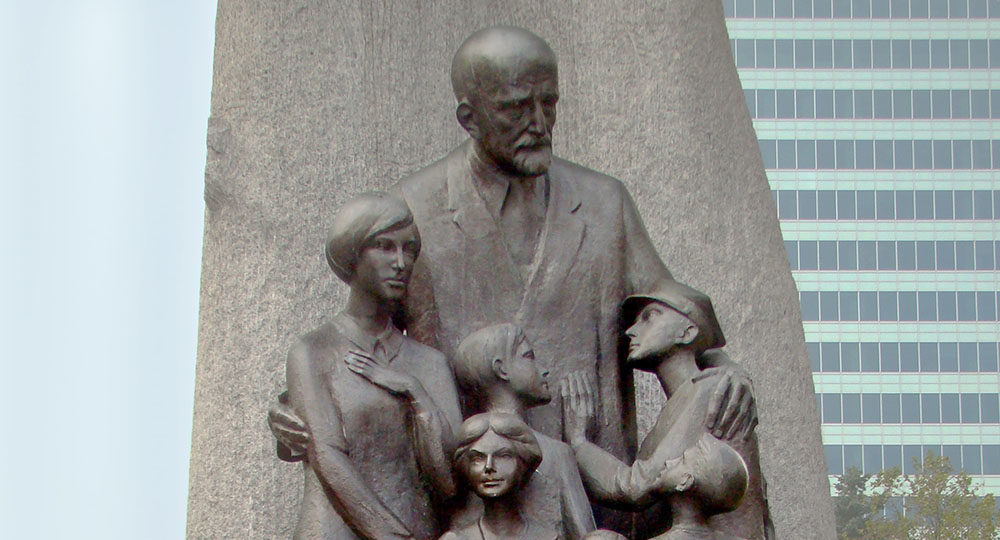


Many people snicker and jeer at the idea of a “seventh-century caliphate.” But the Muslims aren’t snickering. And their push to power could change your world.
The Islamic Center in Munich, Germany, was founded by Muslim Nazis. But that link is only one of many in a surprisingly strong Muslim-Nazi connection.
How could a country that gave the world the great reformer Martin Luther also produce Adolf Hitler? The answer may shock you.
If the names Paul Rassinier, Austin J. App, and Ernst Zundel don’t ring a bell, this article may be especially interesting to you.
Europe is again becoming a dangerous place for Jewish people. It’s the same old anti-Semitism, but with a slightly new and frightening twist.